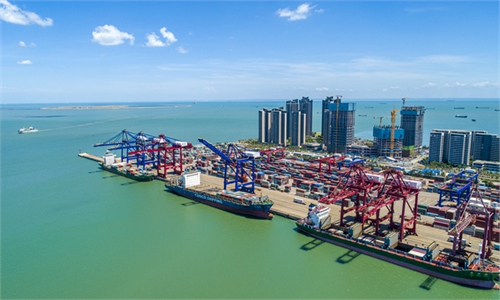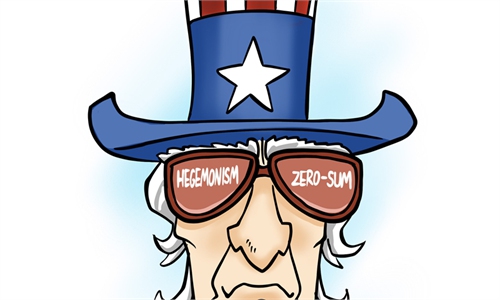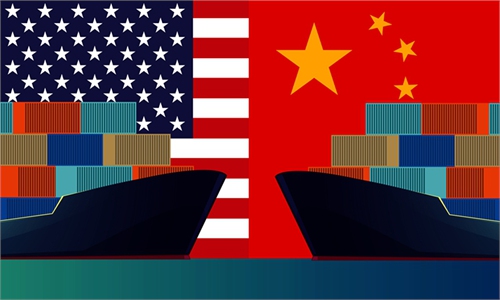Chinese experts refute US criticism over reported closure of business group in China
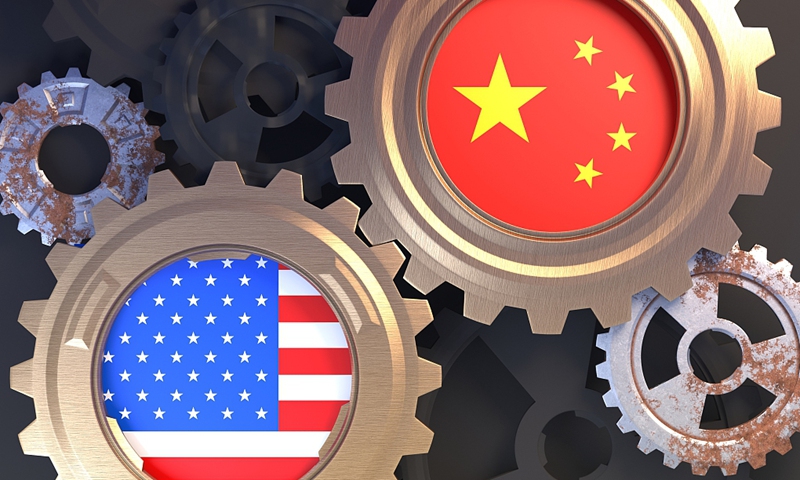
china-us
Chinese experts on Wednesday refuted US accusations against China's regulatory environment after a US business group in Chengdu, Southwest China's Sichuan Province was reportedly shut down, saying that China's investment climate continues to improve as the country remain committed to opening of its market to foreign businesses.
Also on Wednesday, a spokesperson for the Chinese Foreign Ministry urged all foreign organizations in China to operate in accordance to Chinese laws.
Asked about media reports of the closure of the American Chamber of Commerce in Southwest China (AmCham Southwest) at a press briefing in Beijing, Wang Wenbin, the spokesperson, directed the question to "competent authority."
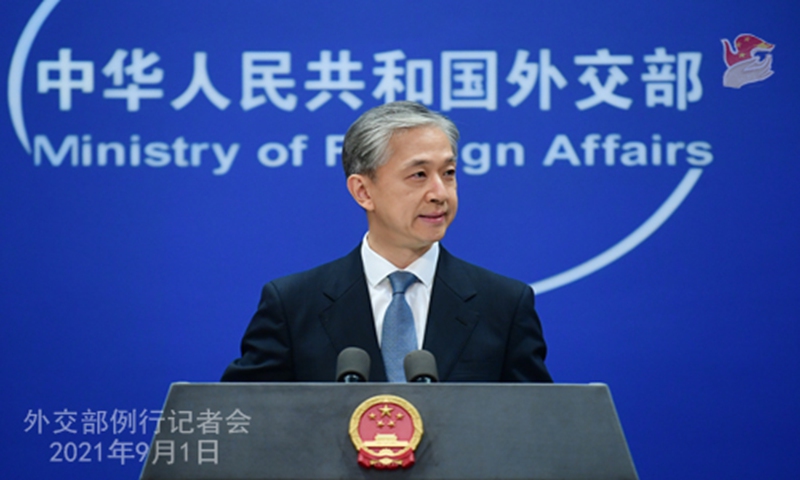
Wang Wenbin, spokesperson for China's Ministry of Foreign Affairs. Photo: Ministry of Foreign Affairs
But he added that "I would like to state in principle that China is a country based on rule of law. All foreign organizations based in China must act within China's legal framework."
AmCham Southwest, a non-profit organization founded in 1996, which claims to represent more than 300 members in Yunnan, Guizhou, Sichuan, Chongqing, and the Tibet Autonomous Region in Southwest China, suspended its operations earlier this week, according to media reports.
In a message to its members, the group said it would stop operations starting from Monday and "no longer carry out any activities" under its name, AmCham Southwest, "in accordance with the relevant laws and regulations of the People's Republic of China," the South China Morning Post reported.
The group's website appeared to be offline on Wednesday, with a note saying "we are doing some work on the site and will be back shortly."
Benjamin Wang, AmCham Southwest's chairman, told Reuters that it was in discussions with local authorities about its registration and future direction, and he said that he suspected that China's Ministry of Civil Affairs (MCA) appeared to be enforcing a rule that countries maintain only one official chamber of commerce in the country.
AmCham Southwest is not affiliated with the American Chamber of Commerce in China, the main US business group based in Beijing. There have been no media reports that the latter's operations were affected.
On Wednesday, a staffer at MCA told the Global Times that he could not find the name of AmCham Southwest in the list of overseas nongovernmental organizations (NGOs) registered on the website.
The local public security department in Sichuan, which supervises local overseas NGOs, told the Global Times on Wednesday that it had no information about the group's shutdown.
However, despite the limited information, given the sensitivity of the location and the timing amid escalating China-US tensions, the media reports attracted widespread attention both in China and abroad.
"The key words of 'US' and 'Chengdu' drew attention," amid strained China-US relations, after China closed the US consulate in Chengdu last July in a reciprocal move following the US' closure of the Chinese consulate in Houston, said Gao Lingyun, an expert at the Chinese Academy of Social Sciences in Beijing, who closely follows China-US trade and economic issues.
In China, some have been speculating online that the group may have been engaged in "spy activities," though there is no evidence offered. In the US, the closure sparked a fresh round of criticism and accusations from officials and media outlets against China.
An unidentified US State Department spokesperson was cited by Reuters as saying that the closure was the latest example of how China's "opaque, arbitrary regulatory environment is contributing to an investment climate that is increasingly hostile towards foreign businesses."
Refuting such baseless accusations, Chinese experts said that China will adhere to its opening-up policy toward foreign businesses and that statistics show China's business environment continues to improve for foreign investors.
In the first half, foreign direct investment into China jumped 28.7 percent year-on-year to 607.84 billion yuan ($94 billion). Such investment was even up 27.1 percent compared with the pre-pandemic level in 2019, official data showed.
Gao told the Global Times that as long as foreign companies and entities conduct legitimate business operations in China, the country would protect their legitimate interests.
"One thing is certain: In Southwest China or anywhere else in China, US companies will have win-win cooperative results if they follow the laws and regulations," Gao said.
Southwest China, as the country's western "Silicon Valley," has provided "fast lanes" for US companies in the region, said a joint report by the American Chamber of Commerce in China, AmCham Southwest and AmCham Shanghai in May.
Hu Qimu, chief research fellow at the Sinosteel Economic Research Institute, told the Global Times on Wednesday that China encourages normal economic and trade exchanges and legitimate commercial cooperation between the two sides, as opening-up is what the country is committed to.
"Even during the Trump era, when bilateral trade relations soured, China stuck to its opening-up policy, as long as foreign companies comply with Chinese laws and regulations," said Hu.
He added that "it is an objective fact that China and the US are highly complementary in economic terms… As the world's two largest economies, stronger economic and trade cooperation between China and the US is conducive to the recovery of the global economy."
